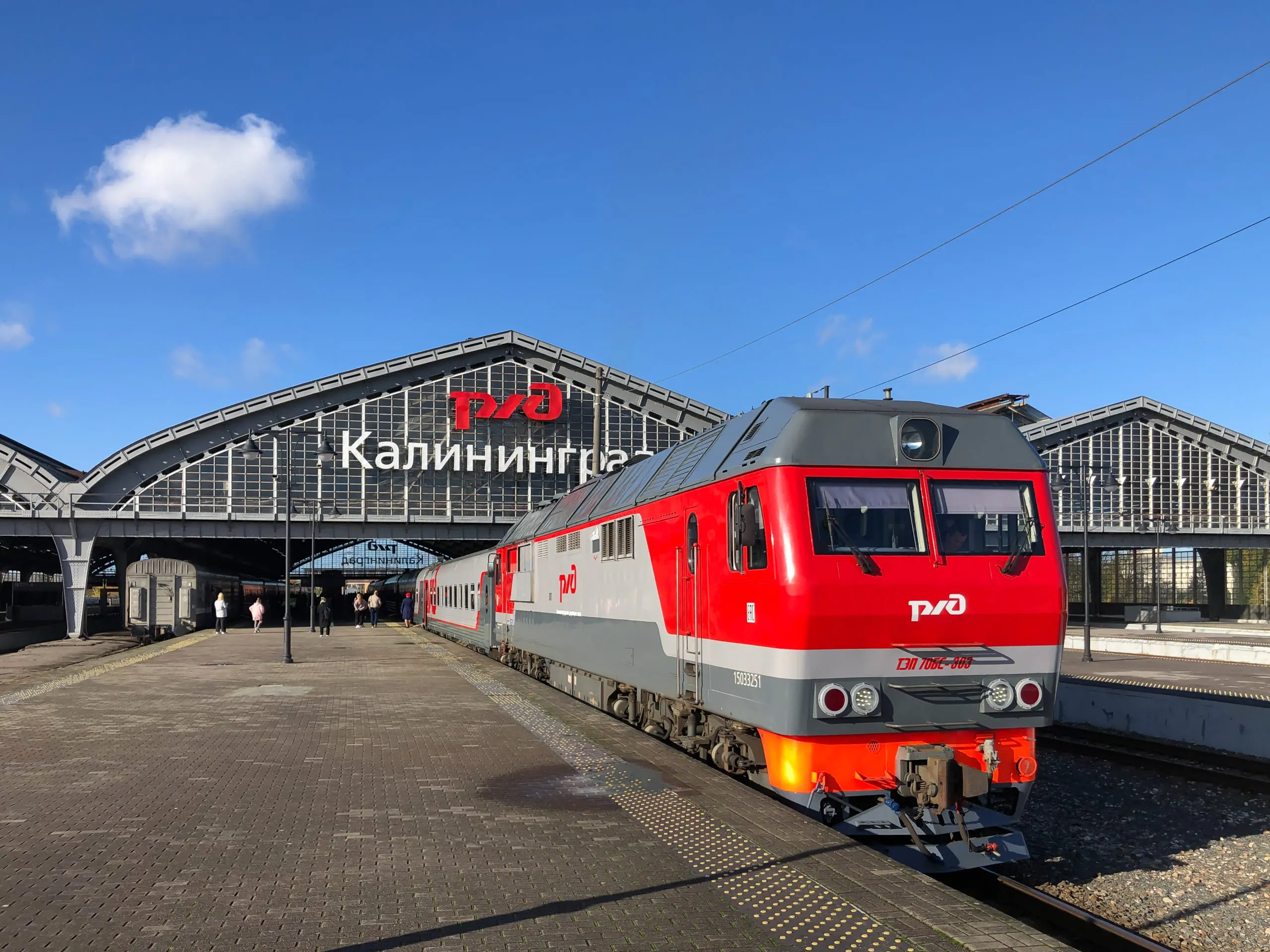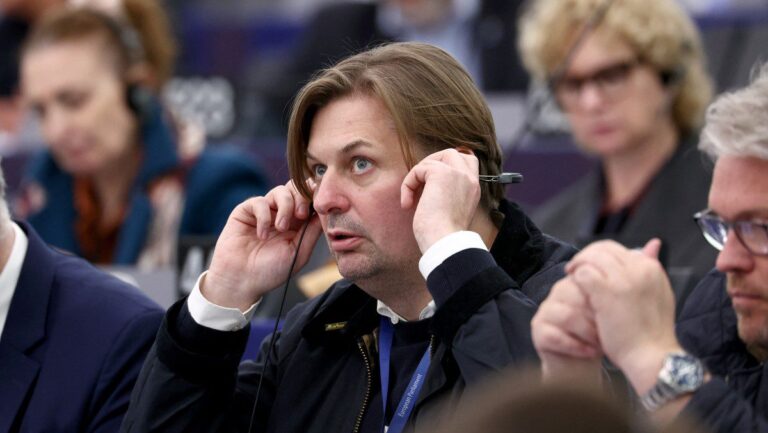Moscow has threatened to take retaliatory action against Lithuania, a member of NATO, over its so-called blockade of goods headed to the Russian exclave of Kaliningrad, saying that the move would result in serious consequences for the Lithuanian people.
On Monday, days after Lithuanian authorities announced the transit ban on goods like coal, metals, construction materials, luxury goods, and advanced technology, Andrei Klimov, the chairman of the Russian State Duma’s Committee on EU Relations, said that Russia would respond with “all of its means” if Lithuania failed to end what he referred to as an “unacceptable blockade,” The Daily Mail reports.
Klimov, a senator for President Vladimir Putin’s ruling United Russia party, added that the move amounted to “direct aggression against Russia” that would “literally force it to immediately resort to proper self-defense.’
Kremlin spokesman Dmitry Peskov, during a press conference on Monday, took on a slightly less aggressive tone, calling the blockade “unlawful”.
“This decision, indeed unprecedented, is a violation of everything and then some. We understand that it is connected to the relevant decision of the European Union to extend the sanctions to transit (of goods). This we also consider unlawful,” Peskov told reporters on Monday.
A day later, Nikolay Patrushev, the head of Russia’s Security Council, further ratcheted up tensions during a trip to Kaliningrad when he told reporters: “Of course, Russia will respond to hostile actions. Appropriate measures are in the works, and will be adopted in the near future.”
Patrushev added that Moscow’s response would have “a serious negative impact on the people of Lithuania.”
The same day, Russia’s Foreign Ministry summoned European Union’s envoy to Russia, Markus Ederer. In a statement that followed the meeting, the ministry said: “We demanded that the normal functioning of the Kaliningrad transit is restored immediately.”
Josep Borrel, the European Union’s chief diplomat, firmly defended Vilnius’s actions, saying that although he is “worried about Russian retaliation,” Lithuania was free of any guilt.
“Lithuania has not taken any unilateral national restrictions and only applies EU sanctions. [It] is doing nothing else but implementing the guidelines of the commission,” Borrel stated.
Lithuanian Foreign Minister Gabrielius Landsbergis, while speaking to the press on the sidelines of a meeting between EU foreign ministers in Luxembourg on Monday, reiterated the position Borrel had expressed earlier, saying: “It’s not Lithuania doing anything: it’s European sanctions that started working from 17 June… It was done with consultation from the European Commission and under European Commission guidelines.”
Landsbergis added that the overland rail route to Kaliningrad would remain open for passengers and non-sanctioned goods.
Historically part of Germany’s East Prussia, Kaliningrad—following the USSR’s annexation of the territory after World War II in 1945—has served as a key strategic and military hub for the Soviet Union and its successor state, the Russian Federation.
Butted up against the Baltic Sea—and wedged between NATO members Poland and Lithuania—Kaliningrad, although isolated from the rest of Russia, has been called the Kremlin’s “unsinkable aircraft carrier,” where weapons can be positioned within comfortable striking distance of Western Europe. Consequently, the region has long been regarded as a conceivable flashpoint for conflict between the EU and Russia.





